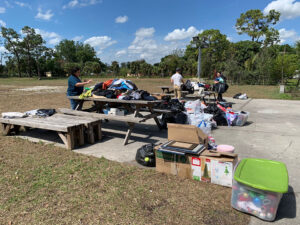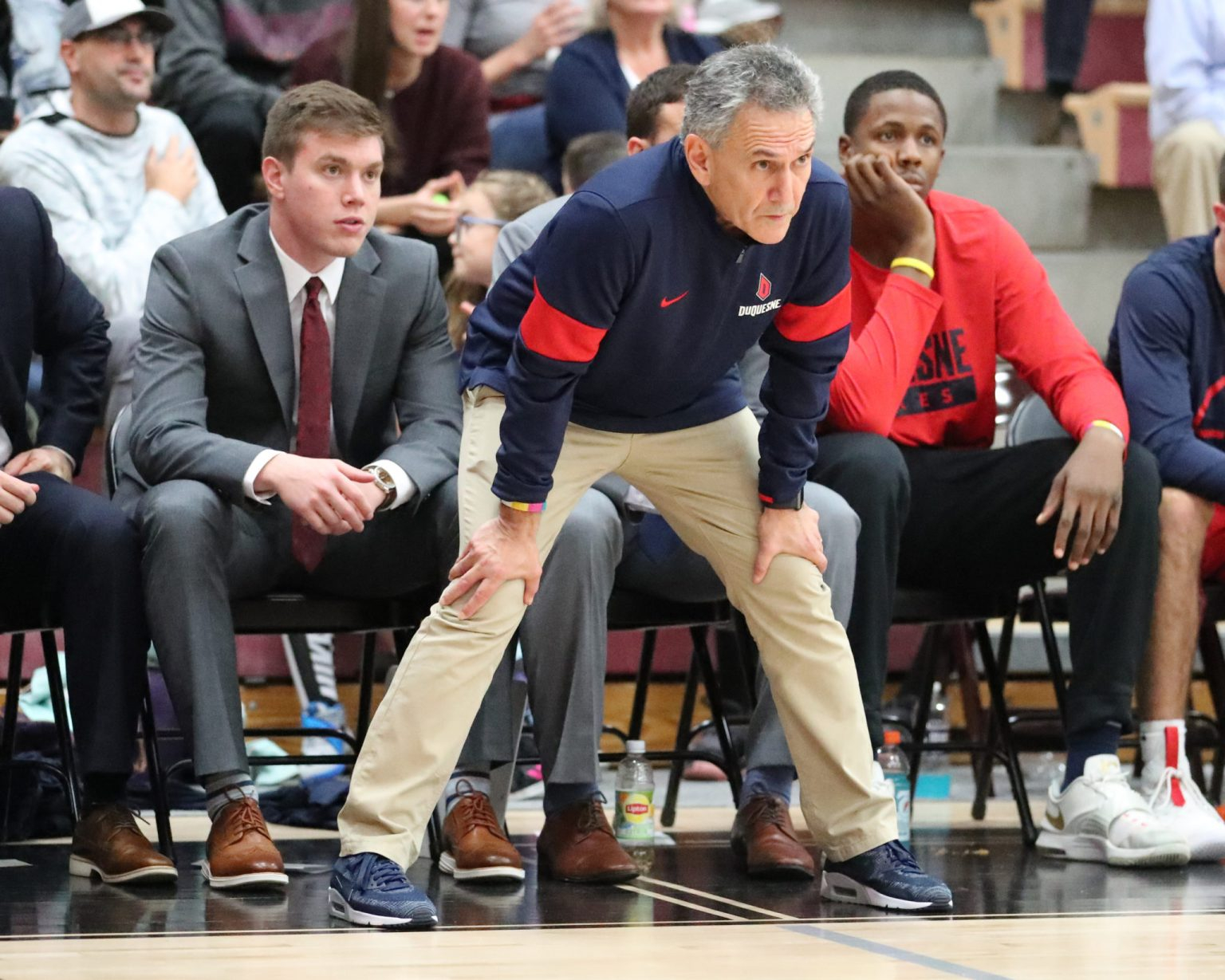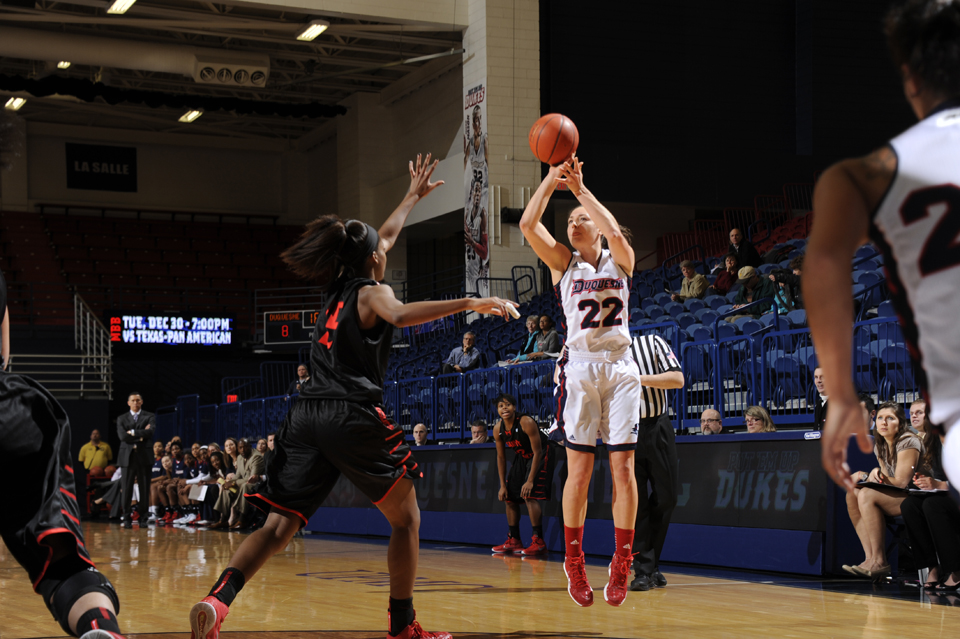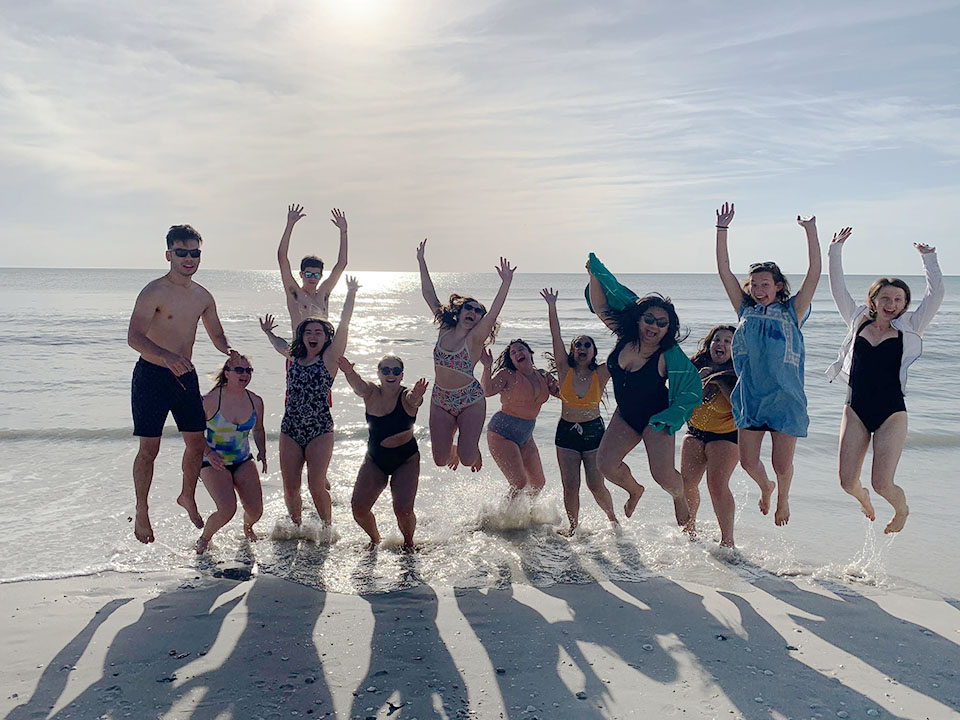
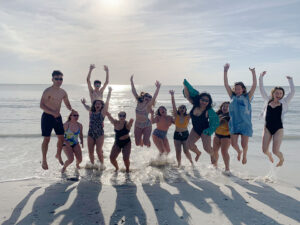
Duquesne students, ministers and student leaders embarked on a trips ranging from Illinois to Immokalee, Fla.
Hannah Boucher | Staff Writer
03/19/20
As Lucia Secaida Del Cid lifted the 32-pound bucket of tomatoes over her shoulders, she thought to herself about her people — how they had come here for a better life. As she struggled to carry the weight, she was overcome with emotion. She was frustrated with the unfair wages and the unjust treatment of the workers.
From March 1 to March 8, 32 Duquesne students, four graduate students, four campus ministers and four student leaders spent their spring break on four different mission trips. This larger group was then divided equally in order to participate in four different trips, with locations spanning from Illinois to Florida.
Brenda Merrick, a Duquesne campus minister, went on the mission trip to Immokalee, Fla. Merrick, along with her group, visited the Coalition of Immokalee Workers (CIW) and the Guadalupe Social Services. They also volunteered with Habitat for Humanity, installing insulation and framing homes.
While visiting the CIW, students were able to see into the lives of the agricultural workers. They participated in activities, such as lifting and carrying buckets of produce on their shoulders.
One of the things Merrick stresses with her students and anyone who asks about her service trips is the real reason why people should go on these excursions.
“It’s not about us feeling good about ourselves. It’s about getting out of our comfort zones and experiencing new cultures,” Merrick said.
Jimmy Hindley, a freshman double-major in business and Spanish, decided to go on the trip on a whim. Driven by impulse, he quickly realized the value in getting to know the people that they helped throughout their time in Immokalee.
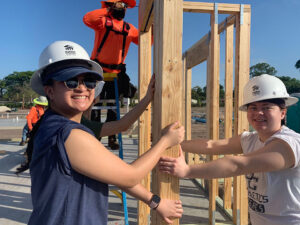
“I kind of [learned] you can’t judge a book by its cover. You have to talk to people and learn their stories and their motives,” Hindley said.
The Immokalee population is 71% Mexican, 19% Haitian and 10% Guatemalan. The most common jobs held by the people in the town are agricultural, with one of the main crops being tomatoes.
Currently, pickers receive 32 cents per bucket, or one cent per pound of tomatoes. They are required to pick and carry their buckets to the weighing station in order to receive their receipt for payment.
The CIW is a human rights organization that fights for the rights of these agricultural workers. Their current concerns are combating unfair pay and dissolving the division between workers of different ethnicities.
Secaida Del Cid, a sophomore biomedical engineering student, originally from Guatemala, went on the trip in order to get some insight into the lives of her people. Upon arriving in Florida, she realized how privileged she was compared to other Guatemalan immigrants.
“A lot of the time, I was mad, and I didn’t know how to not be mad. I felt so powerless,” Del Cid said.
Del Cid and the rest of her mission group had the opportunity to help prepare for a march that the CIW will be having to try and convince Wendy’s to sign on the Fair Food’s Act. By signing on, they would be increasing the wages of the underpaid workers.
The students learned about how the choices they make as consumers can influence the way major corporations treat their workers. Their experiences in Immokalee — and the stories they heard from its people — showed them that something needed to change. They realized that they possess the power to change things for the better.
“This world is unfair. It got me thinking about what I’m gonna do next,” Secaida Del Cid said. “The trip planted a seed in me, but I don’t know how it’ll go.”
